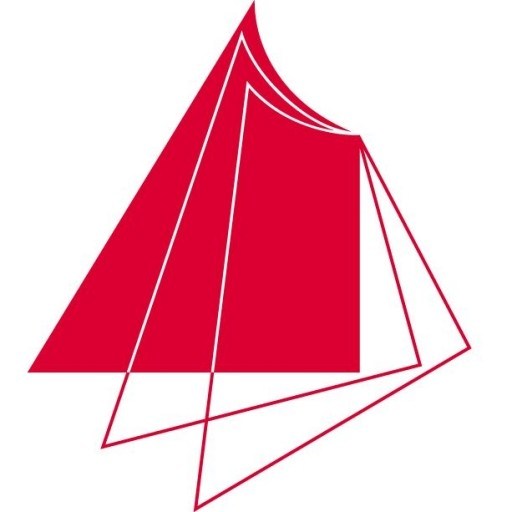Photos of university
Media Informatics at Saarland University is an interdisciplinary and innovative degree program designed to equip students with comprehensive knowledge and practical skills in the fields of computer science, media technology, and information design. The program aims to prepare graduates for a rapidly evolving digital world by combining foundational theories with hands-on application in areas such as multimedia systems, interactive media, digital communication, and human-computer interaction. Throughout the course of study, students acquire core competencies in programming, software development, data management, and digital media production while also gaining insights into user experience design, visual communication, and media psychology. The curriculum emphasizes a balanced integration of technical skills and creative problem-solving, enabling students to develop and implement media solutions across various platforms and devices. Students benefit from a close collaboration with industry partners and research institutions, providing them with practical internships and challenging projects that reflect current trends and future developments in media technology. The program also encourages interdisciplinary thinking, fostering innovative approaches to media challenges and promoting lifelong learning. Graduates of Media Informatics are well-prepared for careers in software development, multimedia production, digital marketing, user interface design, and media research. They can play pivotal roles in the creation of new media services, interactive applications, and digital content, contributing significantly to industries such as entertainment, communication, education, and commerce. With a strong emphasis on research and practical application, the program at Saarland University ensures that students are not only equipped with technical expertise but also develop critical thinking and creative skills necessary for ongoing technological advancements. The international environment and modern campus facilities create an ideal setting for students to thrive academically and professionally, making Media Informatics at Saarland University an excellent choice for those looking to pioneer the future of digital media and information technology.
Educational organisation
Students are free to choose courses according to their preferences, but have to obtain credit points from certain categories. There is no fixed timetable for courses. Students have to obtain credit points from project work, too.Study abroad unit(s)
We support students who wish to study abroad.Internships
A media informatics project is mandatory (one semester).Forms of assessment
Almost every course ends with an exam, term paper, or project. Credits are given only forsuccessfully completed courses.
The overall grade is the mean of all grades (90 ECTS credit points) obtained during the course of study and the grade of the Master's thesis (30 credit points).
Course objectives
Deeper knowledge in all relevant informatics and media art and design areas; abilityto work in an international surrounding (research or industry).
Media informatics graduates are employed to plan, design, and implement multimedia digital software systems. Typically, graduates are employed to research, develop, and design intelligent methods of man-machine interaction, to provide technology consulting and coordination services to companies, to incorporate new media into projects in the journalism and media sector, and to develop edutainment concepts.
Language requirements
TOEFL, CPE or IELTS at level C1 (exceptions are only made for native speakers and those who hold a degree from a university in a country where English is the native language)Academic requirements
Bachelor's degree in media informatics, computer science, or a related field.Online application form including the following:
- English language skills (level C1) according to the Common European Frame of Reference for Languages (CEFR)
- CV
- complete transcripts of records
- two letters of recommendation from professors or employers
Enrolment fees
Approx. 200 EUR per semester, including a semester ticket covering public transport in the Saarbrücken areaCosts of living
About 800 EUR per month to cover personal expenses (incl. accommodation)Job opportunities
Jobs as tutors and assistants are available in the department each semester. Openings will be posted on bulletin boards and on our websites.Funding opportunities within the university
Some grants for very gifted students are provided by the International Max Planck Research School for Computer Science. Upon application to our Master's programme, grant application is processed automatically without any additional bureaucracy.Application for a "Deutschlandstipendium" is possible.









